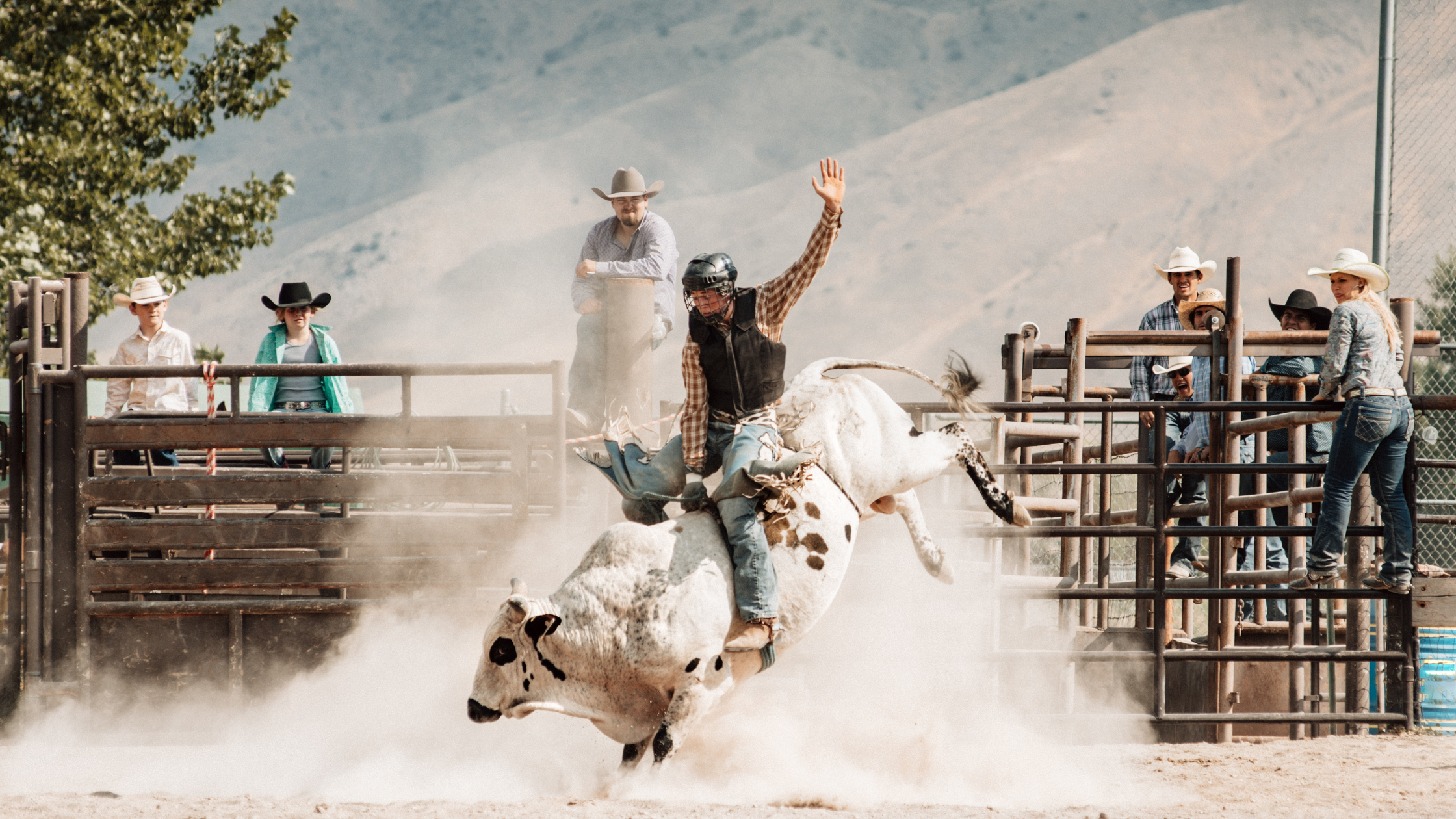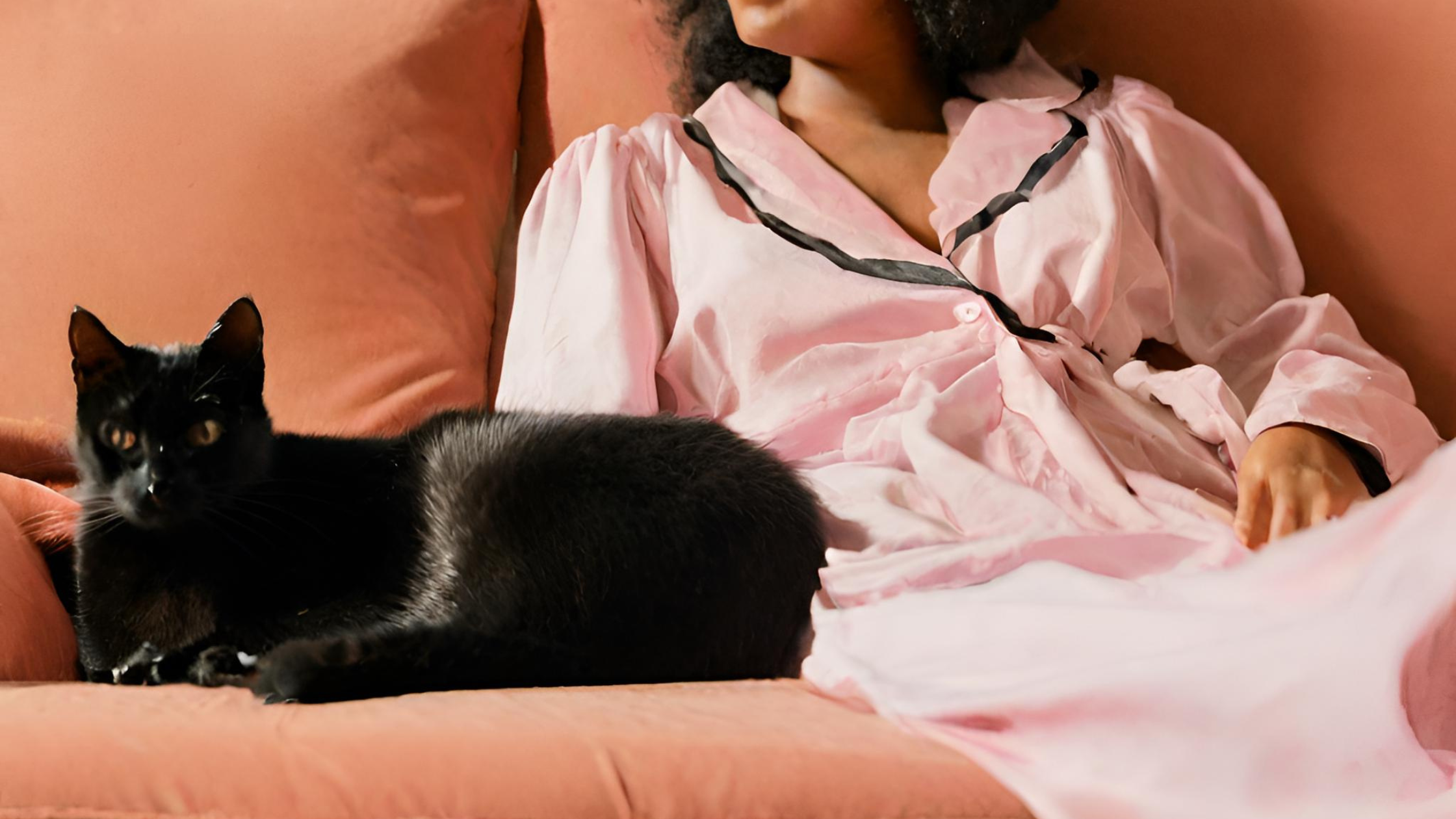
Unraveling the Ethical Knots of Rodeos: Advocacy, Legislation, and Economic Realities
Rodeos are deeply entrenched in American culture, embodying the spirit of the Wild West and showcasing the prowess of both humans and animals. However, beneath the excitement and spectacle lie contentious ethical issues that have sparked debates among animal rights activists, legislators, and enthusiasts alike. In this exploration, we delve into the multifaceted world of rodeos, examining the advocacy for their cessation, ethical concerns surrounding their practices, legislative efforts to protect animals, the economic dimensions of American rodeos, and their rich historical tapestry.
Advocacy for Ending Rodeos:
Animal rights activists vehemently oppose rodeos, citing concerns over animal welfare and exploitation. They argue that the events subject animals to unnecessary stress, injury, and even death, all in the name of entertainment. Practices such as calf roping, steer wrestling, and bull riding are particularly contentious, as they often result in physical harm to the animals involved. Advocacy groups such as PETA (People for the Ethical Treatment of Animals) and the ASPCA (American Society for the Prevention of Cruelty to Animals) campaign vigorously for the abolition of rodeos, calling for alternative forms of entertainment that do not involve animal exploitation.
Ethical Issues with Rodeo Practices:
The ethical dilemmas surrounding rodeos center on the treatment of animals and the inherent risks they face during events. Critics argue that the use of flank straps, electric prods, and spurs to goad animals into action constitutes abuse and cruelty. Moreover, the high incidence of injuries, ranging from broken bones to internal bleeding, raises questions about the moral implications of subjecting animals to such hazards for human entertainment. While proponents argue that animals are well cared for and injuries are rare, opponents contend that even a single instance of suffering is unacceptable.
Legislative Efforts and Animal Welfare Laws:
In response to concerns raised by activists and the public, legislative measures have been enacted to regulate the treatment of animals in rodeos. The Animal Welfare Act (AWA) sets standards for the care and handling of animals used in exhibitions, including rodeos, ensuring they are provided with adequate food, water, shelter, and veterinary care. Additionally, some states have implemented specific regulations governing rodeo practices, such as the prohibition of certain events or the enforcement of animal welfare standards. While these laws represent progress in safeguarding animal welfare, enforcement and compliance remain ongoing challenges.
Economic Realities of American Rodeos:
Despite the ethical controversies surrounding rodeos, they continue to attract significant financial support and generate substantial revenue. According to the Professional Rodeo Cowboys Association (PRCA), rodeo events across the United States collectively generate millions of dollars annually through ticket sales, sponsorships, merchandise, and television broadcasting rights. The allure of rodeos as a cultural phenomenon and a source of entertainment contributes to their economic viability, sustaining a thriving industry that spans rural communities and urban centers alike.
History of Rodeos in the USA:
Rodeos trace their roots back to the early days of American frontier life, where cowboys and ranchers gathered to showcase their skills in roping, riding, and wrangling livestock. What began as informal competitions among cattle herders evolved into organized rodeo events, with the first recorded rodeo taking place in 1869 in Deer Trail, Colorado. Over the decades, rodeos grew in popularity, becoming iconic symbols of Western heritage and American identity. Today, rodeos are celebrated across the country, from small-town arenas to grand stadiums, drawing spectators from all walks of life to witness the thrill of the Wild West come to life.
In conclusion, rodeos occupy a complex and contested space within American society, where tradition, entertainment, and ethical considerations intersect. While advocates for animal rights call for an end to rodeos due to concerns over animal welfare, legislative measures and economic interests ensure their continued existence. As the debate rages on, the future of rodeos remains uncertain, shaped by evolving attitudes towards animals, entertainment, and the preservation of cultural heritage.
Citations:
- People for the Ethical Treatment of Animals (PETA)
- American Society for the Prevention of Cruelty to Animals (ASPCA)
- Animal Welfare Act (AWA)
- Professional Rodeo Cowboys Association (PRCA)




